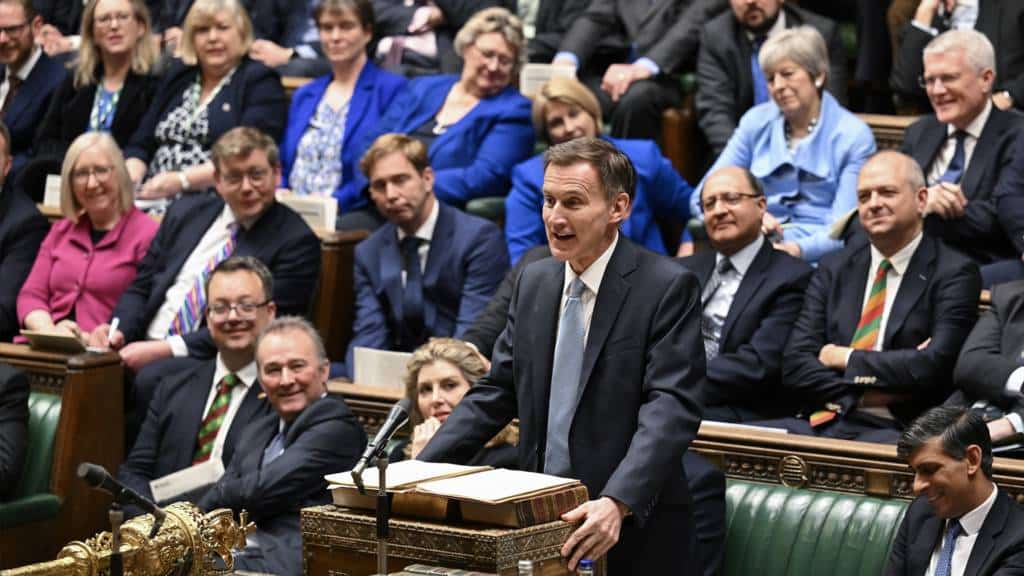The UK Spring Budget is a pivotal event in the nation’s fiscal calendar, where the Chancellor of the Exchequer outlines the government’s taxation and spending plans for the upcoming financial year. This annual presentation typically occurs in March and serves as a platform for the Chancellor to address Parliament and the public, detailing key economic forecasts, policy initiatives, and financial strategies. For a broader explanation of the UK Budget, check out our UK Budget Preview article.

Delivered by Chancellor Jeremy Hunt, the Spring Budget was a highly anticipated event that shapes economic policy and influences financial markets. It provided insight into the government’s priorities, including measures to stimulate economic growth, address public finances, and support various sectors of society. This year’s UK Spring Budget for 2024 was delivered on Wednesday, March 6th, at 12:30 GMT. Chancellor Jeremy Hunt presented the economic forecast and outlined the government’s fiscal plans amid evolving domestic and global economic conditions.
What was announced in the UK Budget
Key Policy Announcements
National Insurance Reduction: The Budget introduced a 2p cut in the main rate of employee and self-employed national insurance contributions for approximately 27 million workers, projected to cost around £10 billion annually. This reduction, partially offsetting previous cuts, aims to provide relief to the workforce.
Abolition of ‘Non-Dom’ Tax Regime: Chancellor Hunt announced the abolition of the non-domiciled tax regime, enabling UK residents with permanent domicile abroad to pay UK tax on overseas income or investment gains. New arrivals will receive a four-year tax-free period for overseas income, with anticipated annual revenues of £2.7 billion.
Enhanced Child Benefit Threshold: The Budget raised the income threshold at which child benefit is tapered from £50,000 to £60,000, aimed at benefiting a wider spectrum of families.
Expansion of British ISA Allowance: An additional £5,000 allowance for Individual Savings Accounts (ISAs) targeting UK equities was introduced, supplementing the existing £20,000 per person annual ISA allowance to stimulate investment in domestic businesses.
Tax Adjustments: The Budget unveiled new or increased taxes on vapes effective from 2026, alongside levies on tobacco and non-economy class flights. Tax breaks for holiday letting owners were terminated, and the windfall levy on oil and gas producers extended by one year to 2029.
Economic Forecast and Fiscal Outlook
Economic Growth: The Office for Budget Responsibility (OBR) forecasts economic growth of 0.8% in 2024, with subsequent years witnessing slight improvements. However, challenges persist, particularly in stimulating productivity growth.
Inflation and Living Standards: Inflation is projected to fall below the Bank of England’s target, averaging 2.2% for 2024 and further declining to 1.5% in 2025. Despite a notable drop in living standards in recent years, real household disposable income per person is expected to rebound by 2025-26.
Tax Burden and Spending: Tax revenues are set to rise to 37.1% of GDP by 2028-29, reflecting the highest level since 1948 despite tax cuts. Day-to-day spending growth will be limited to 1% in real terms, representing an 8% reduction compared to previous levels.
Chancellor’s Fiscal Rules: Chancellor Hunt’s fiscal rule of reducing public sector debt as a percentage of GDP in the fifth year of a forecast period is expected to be met, albeit with a smaller “headroom” compared to historical averages.